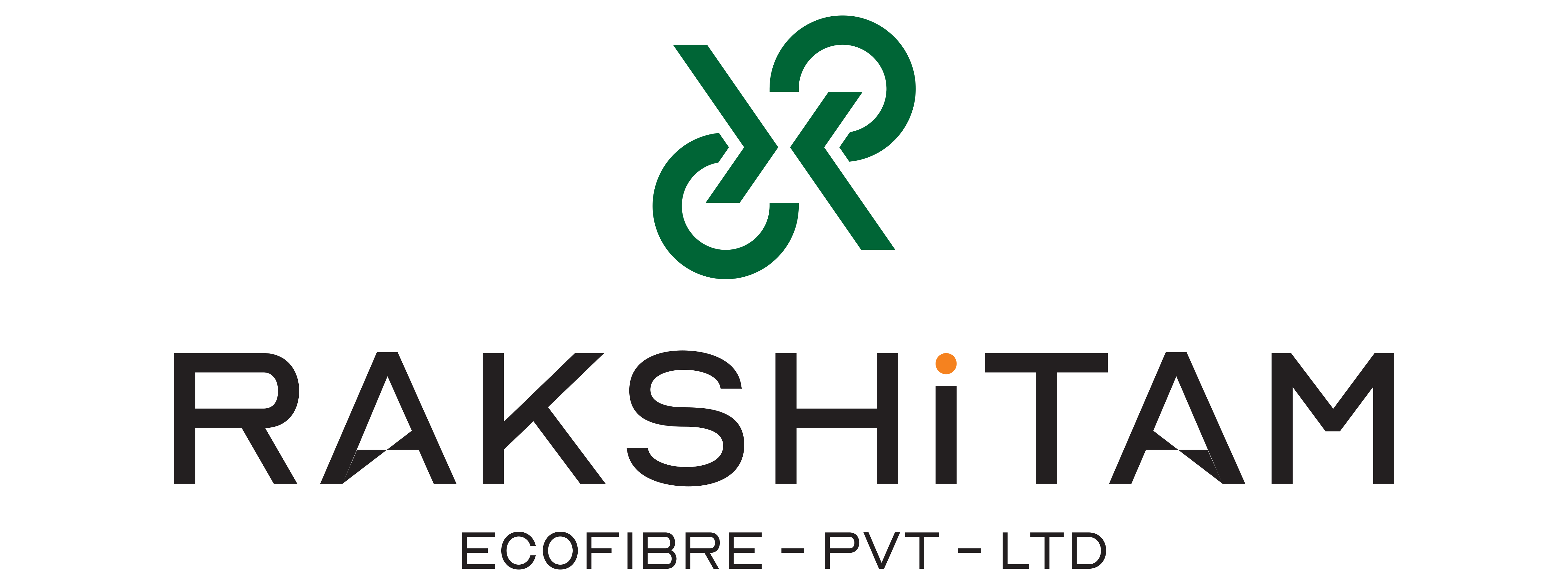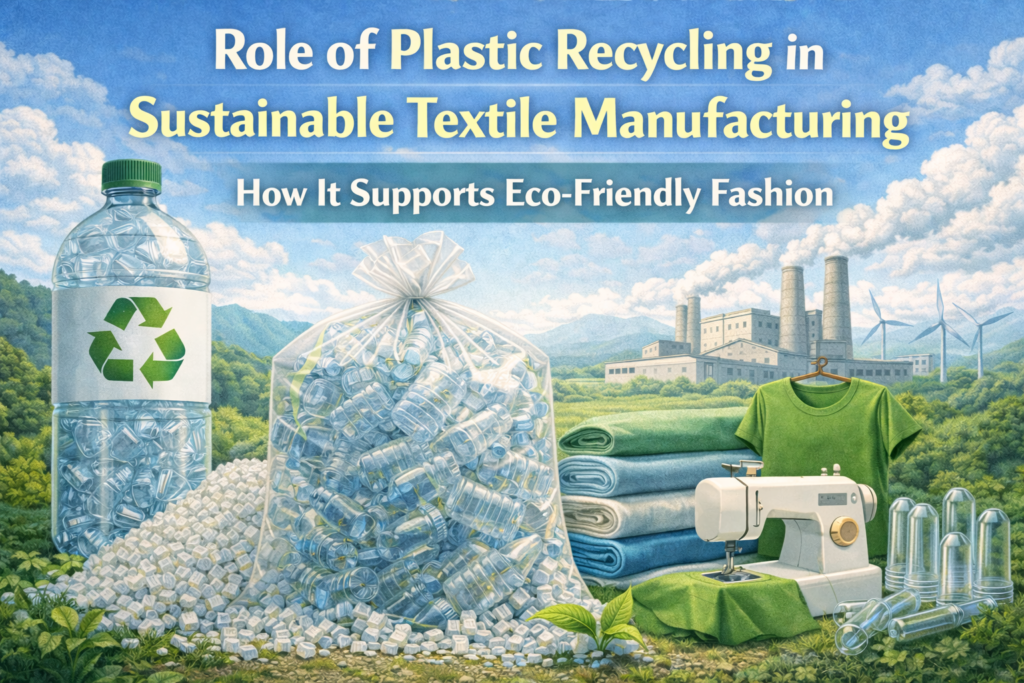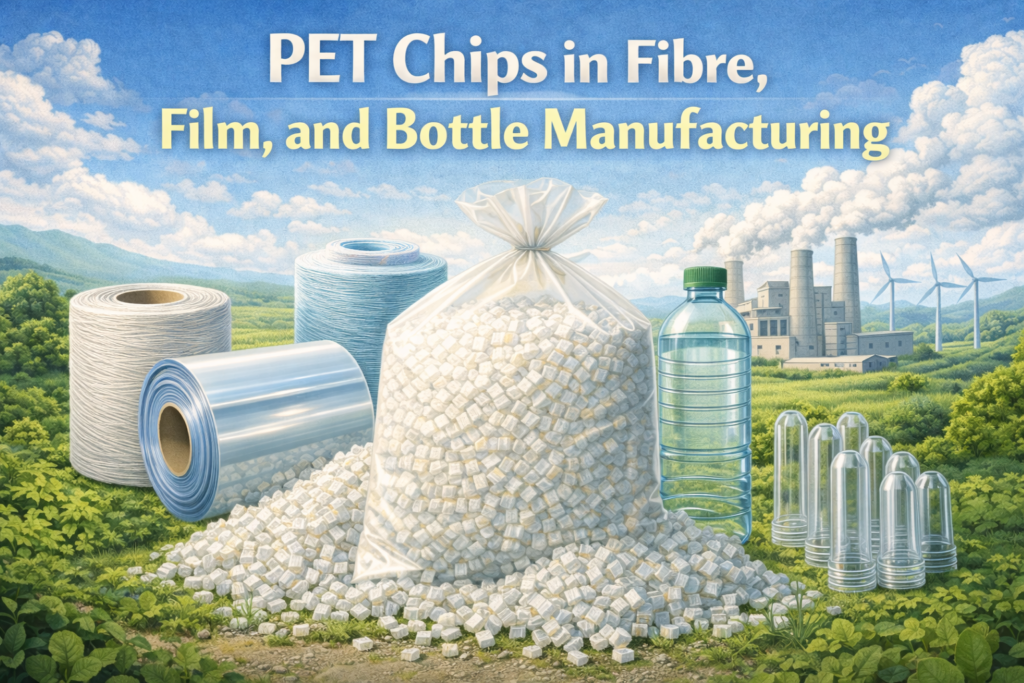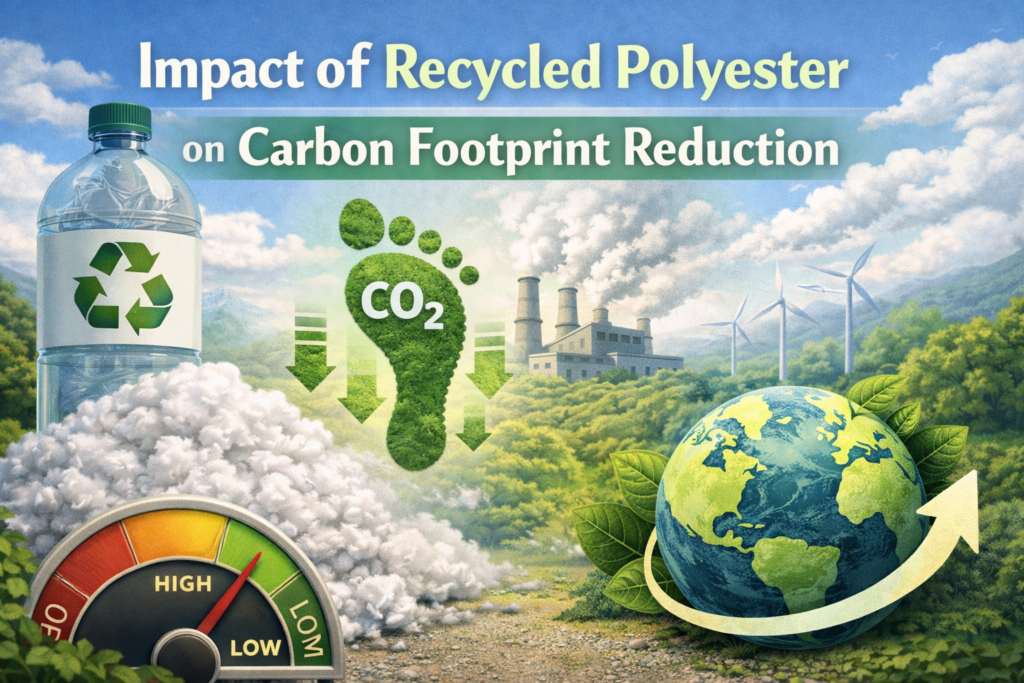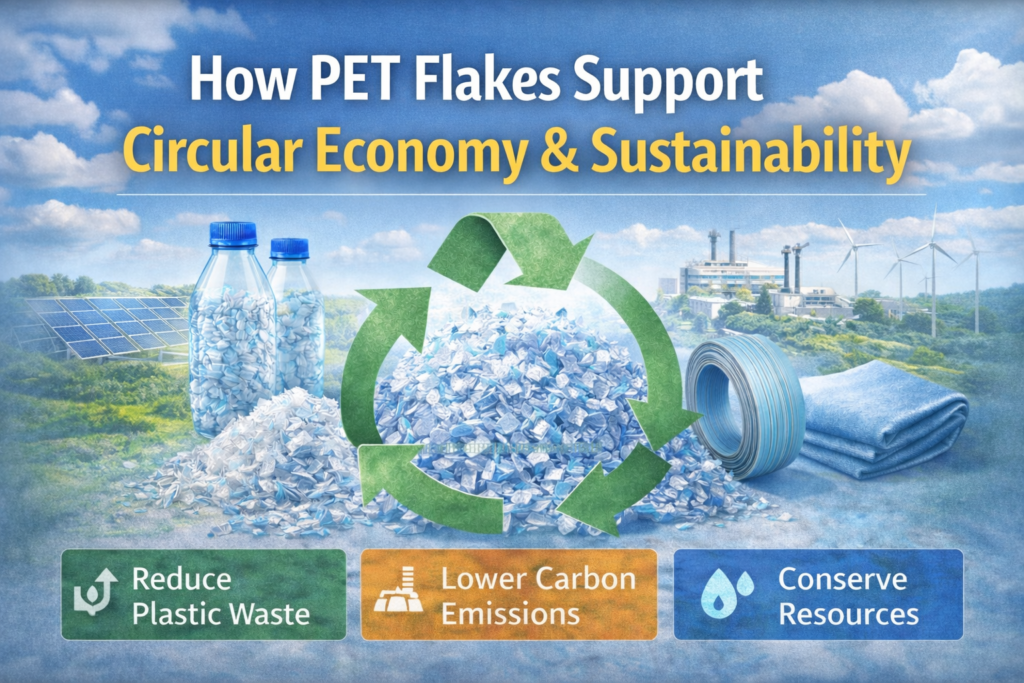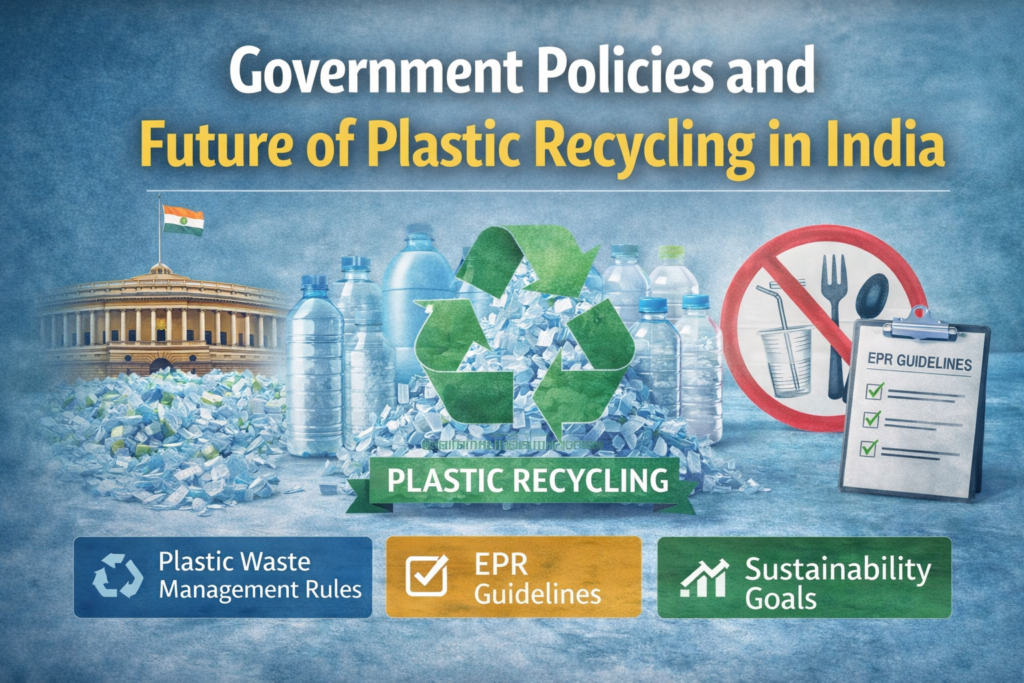The requirement of RPSF in global markets is attracting new investments that are further propelled by the worldwide focus towards sustainability, which has led to the idea of this recycling polyester. With regard to that, this industry that uses this eco-friendly alternative will continue to expand while contributing to the overall economy. Therefore, let us examine the trends related to RPSF and its impact on the modern society.
Paybacks of Sustainable Recycled Polyester Staple Fibre (RPSF) Used Globally
The benefits of RPSF are multifaceted, making it a preferred choice across industries:
- Environmental Conservation
- RPSF production reduces landfill waste by recycling PET bottles and other plastic waste.
- It reduces greenhouse gas emissions and saves energy compared to virgin polyester production.
- Assorted Refers
- Apart from apparel and rugs, it is also applied in upholstery, structures, and automobiles. Such a range is incredible as it is usually limited to a few items only.
- Cost-Effectiveness
- As RPSF is produced from recycled resources which saves the price of raw materials, the business can save a lot of money.
- Improved Performance
- Due to the increased heat and moisture resistance, RPSF uses it for multiple industrial tasks.
Economic Assistance by Global Adoption of Recycled Polyester Staple Fibre (RPSF)
In the first place, using RPSF is not only advantageous to the environment but has economic advantages also as follows:
- Job Creation
- Every recycling and manufacturing activity generates jobs across the world, whether in developed countries or developing countries.
- Trade Opportunities
- The nations that embrace RPSF technologies can grow their exports, thereby improving their economy.
- Reduced Import Dependence
- Recycled materials come from local sources and thus reduce the dependence on imported materials.
- Incentives and Support
- Countries all over the world have introduced grants and incentives for recycling schemes, which is also a plus for the RPSF market.
Swift Growth and Expansion of PET Recycling Business
New Developments In Direct Spindle PET Recycling Business The business of PET recycling has grown tremendously due to the need for recycling at this hour. Significant developments of this growth are as follows:
- Technological Advancements
- Improvements in the recycling of RPSF materials have improved the process’s efficiency and production characteristics.
- Increased Awareness
- There is a growing consumer trend of using only environmentally friendly products, and this has increased the appetite for RPSF.
- Corporate Responsibility
- Recycled materials are now more commonplace in business supply chains as companies try to win customers who value green businesses.
- Global Regulations
- Stringent environmental policies and bans on single-use plastics have fueled the need for PET recycling and RPSF production.
About Rakshitam Ecofiber
Founded on the vision of ensuring a plastic-free environment, Rakshitam Ecofiber is a firm dedicated to full-scale re-purposing of plastic waste. In contributing to this effort, Rakshitam Ecofiber considerably decreases the adverse effects of plastic waste by recycling plastic bottles into polyester staple fibre and converting them into threads used for production.
- Sustainability Focus
- Rakshitam In its operations, Rakshitam Ecofiber minimizes the use of harmful chemicals such as heavy metals which is compliant with its goal to reduce waste during the entire supply chain.
- Quality Assurance
- Various sectors of the economy utilize their products because their advanced technology enables them to produce RPSF that is internationally compliant.
- Community Impact
- With Rakshitam Ecofiber working alongside local waste collection and local communities, it can promote infrastructural and economic growth.
Key Takeaways
- Growing Demand: RPSF is seeing more demand than ever on a global scale, thanks to the need for sustainability and the change in consumer behaviour.
- Economic and Environmental Benefits: RPSF is a suitable replacement due to its environmental benefits and its ability to create more bubbles in the economy by creating more jobs and being traded.
- Innovation in Recycling: Better PET recycling processes can improve the means of making RPSF.
- Pioneering Efforts: Rakshitam Ecofiber and other firms are key players in the push for the sustainable agenda and producing RPSF products.
Conclusion
Recycled Polyester Staple Fibre (RPSF) is not only a product but rather a vision for a sustainable and affordable future. It is time for industries and consumers to actively engage in exploiting RPSF and work towards the cause of saving the planet. The booming market trends indicate a bright future for RPSF and represent a cornerstone for the sustainable revolution.
